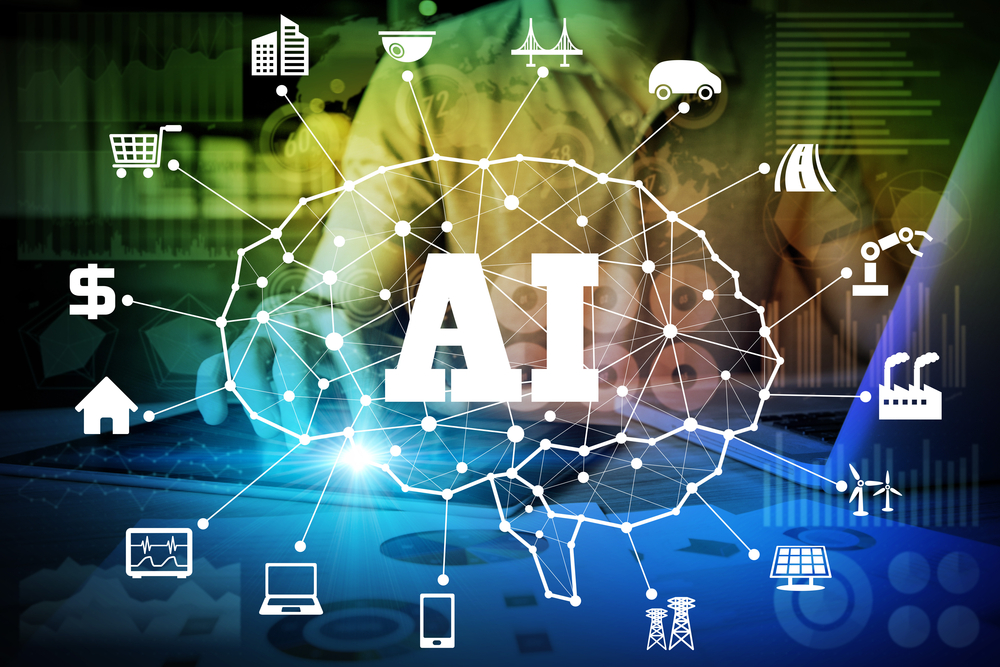Artificial intelligence in hospitality – friend or foe?
A look at how hotels and GDS’s use AI to track and personalize results

Technology aims to resolve the pain points in travel. One of these pain points is the fact that the “one size fits all” package no longer applies to the modern day travellers who want unique experiences based on their preferences.
“Technology fulfils the needs and requirements of the industry,” Frederic Saunier, Amadeus’ vice president for sales in the Asia Pacific, said in one of the sessions in ACTE Global Summit & Corporate Lodging Forum 2018.
AI is the intelligent behaviour of computers or machines, which carry out the tasks that conventionally require cognitive function. AI is often used in automation and analysing big data.
Hotels and travel management companies are increasingly using AI to carry out customer service tasks, which are important in managing bookings and service. When thinking of AI in the hospitality industry, my initial thoughts were chatbots that reply to our enquiries. However, chatbots are a small portion of artificial intelligence for there is a big picture when it comes to this technology.
AI innovation in hospitality
AI is playing an increasingly important role in the hospitality industry for it carries out some human functions that will potentially help hotel owners save significant money, minimise human error, and deliver superior service.
GDSs also use AI to analyse data from customers, so they can draw conclusions about customers, or potential customers.
Last year, Sabre Corporation announced that it will launch SynXis Analytics Cloud, which is a platform that uses AI to help maximise hotel revenue. The platform identifies opportunities for revenue and guest experience improvement and helps hoteliers avoid lost revenue by analysing data from operations, finances, room-stay production, ancillaries and rate-room-channel configurations to deliver targeted actionable insights.
Amadeus will not be left behind as it has also invested a huge sum in developing technologies that help in travel sourcing and shopping. HRS Global Hotel Solutions also invests in technology, especially in AI, to create a seamless platform that will take care of the end-to-end process – from booking to payment solutions. HRS’s AI learns all the data and information put in by customers and curate the results based on customers’ preferences.
Hotels, on the other hand, also use AI in various ways. Most hotels benefit from chatbots and messaging. AI chatbots are utilised on social media platforms responding to customers’ enquiries 24 hours a day, seven days a week.

Some hotel giants are developing “smart rooms” powered by AI with the aim to redefine customers’ hotel experience. IHG collaborated with Baidu to launch 100 AI-powered Club InterContinental suites in hotels in gateway cities and key destinations across China this year. The rooms will feature voice-controlled technologies for human-computer interactive experience. Marriott is also developing the “Room of the Future” with Samsung combining AI and IoT in hotel rooms to augment customers’ stay in the hotel.
Amazon’s Alexa entered the travel industry both in the front and back end operations of hotels. Alexa for Hospitality, which is supported on Amazon Echo, Echo Dot and Echo Plus models, will be integrated into 10 hotels in the US over the course of the summer months, with a greater uptake expected depending on overall feedback.
On the backend, IDeaS Revenue Solutions has unveiled the first voice-based interface designed for a revenue management platform. IDeaS G3 RMS voice-interaction technology will allow all business stakeholders to access real-time data and performance metrics through smart speaker devices.
Reservations about AI
Not everyone welcomes AI. Some people have reservations when it comes to technology that tracks and targets them. Especially since the highly-publicised congress inquiry with Facebook, people became wary of their web footprint.
Cybersecurity expert Eric Cole claimed that while this technology may improve customer service, it also represents a huge violation of personal privacy. Some hotels use electronic keys using the guests’ smartphones. However, the Bluetooth signal sent from your smartphone might be unencrypted and could be hacked from up to 15 feet away.
“They know what type of coffee you order”
“When you have these smart hotels, they have a token on your phone where they know where you go, they know what type of coffee you order, they know what you order in the restaurant,” Cole said.
There are valid concerns about privacy. AI can track our choices and present similar choices in the future, all for the sake of personalisation.
Another concern raised against artificial intelligence is the fact that it will drive automation and will replace existing staff putting them out of work.
By 2025, 50% of today’s jobs will no longer exist because of AI. This will go up to 85% by 2030. This is a big shift from the traditional service-based model.
The hospitality industry will surely benefit from using artificial intelligence in various ways beyond what is mentioned above, for example by looking for trends we never noticed before. This could include something as inconspicuous as noticing people eat less breakfast on Tuesday mornings so that the F&B team could order less food.
As long as we are responsible with our use of information, it will open doors of opportunity for hospitality companies to further improve their services. People will be happy to share their information as long as it is safe for them to do so.
On global scale, AI will also enable companies to track trends, from nationalities of guests to occupancy rate at certain times of the year, and see the bigger picture that will largely help them in making crucial decisions.
However, artificial intelligence is like a coin, with two faces. Clearly, we are moving towards the time where many systems will be automated and personalised. We just need to ensure that we are working alongside with the computers to share our preferences to improve experiences without sacrificing our safety.


Comments are closed.